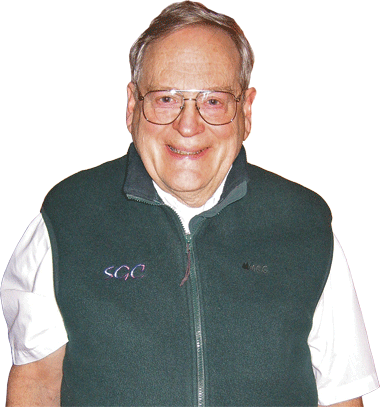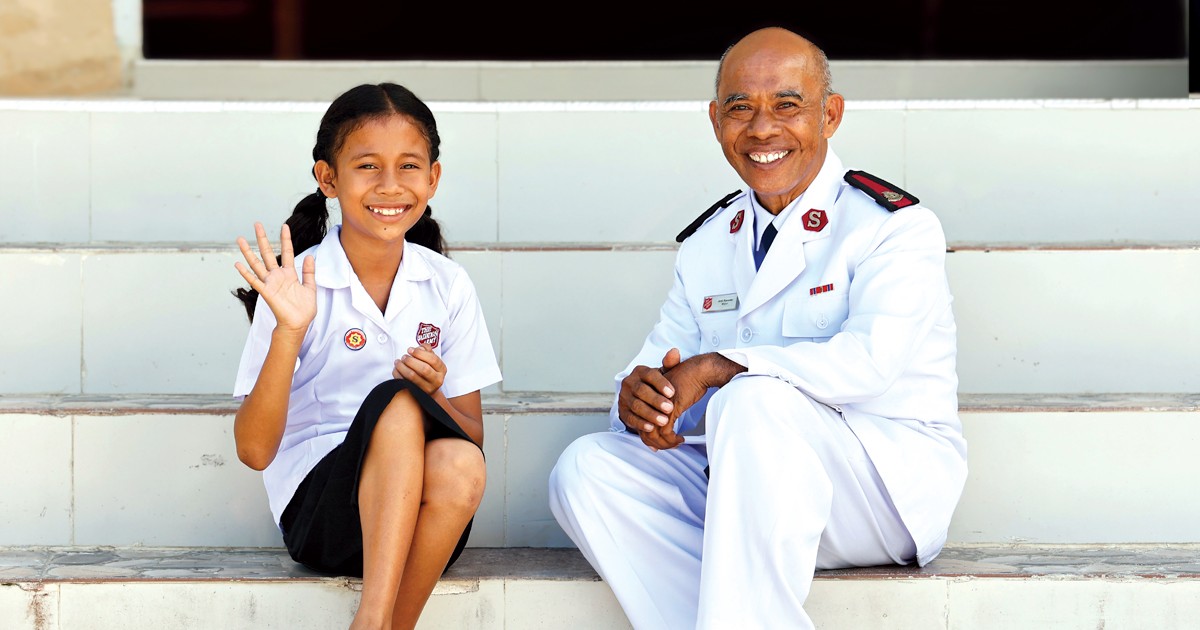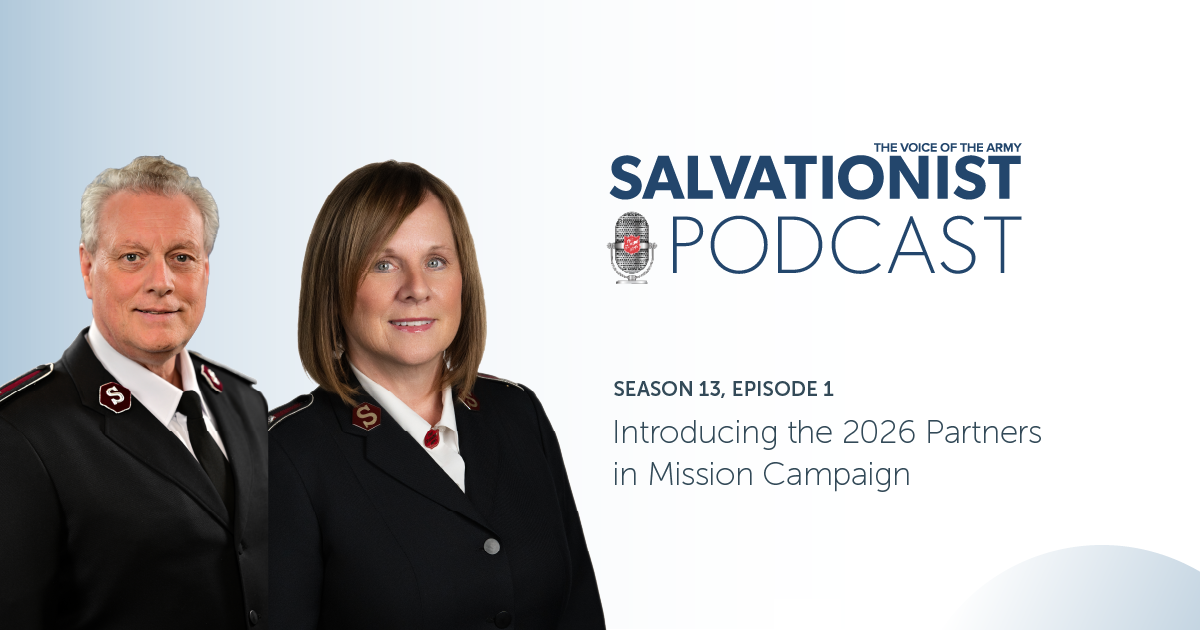 Together with a team of scientists who participated in a project on climate change, Dr. Trevor Lewis was awarded the Nobel Prize in recognition of their efforts to provide information on climate change and what can be done to counteract it.
Together with a team of scientists who participated in a project on climate change, Dr. Trevor Lewis was awarded the Nobel Prize in recognition of their efforts to provide information on climate change and what can be done to counteract it.
Dr. Lewis is a soldier at Victoria Citadel and a third-generation member of The Salvation Army. Salvationist.ca interviewed Dr. Lewis about his work and faith.
Why did you decide to specialize in science when you were young?
I was interested in mathematics and science in high school and especially interested in physics, which I majored in at university. When I decided to pursue a master's degree, there was an opening in geophysics, which includes factors such as where earthquakes can and cannot occur, where diamond and oil deposits are situated, and climate change. I was a research scientist for the federal government for more than 30 years. I retired 10 years ago and I now run a small consulting company.
How did your studies in geophysics lead to the work on climate change?
Before I retired, I was a contributor to the Intergovernmental Panel on Climate Change (IPCC). When it was announced that the Nobel Prize would be shared by Al Gore and the IPCC, I managed to keep myself on the ground by reminding myself that hundreds of scientists contributed to this award, not just me. I have to emphasize that the Nobel award was a political one, not for the quality of the science, and that hundreds of scientists contributed to the IPCC outputs.
What do you think are the major challenges facing our world?
There are two. The first is population growth. I maintain that land development is causing a significant proportion of the world's climate warming. The second is morality and how we view it. I feel our political and spiritual leaders don't recognize how the economic recession was caused by our greed.
As a scientist, you are also a person of faith. As you know, many scientists are anti-religious.
It's interesting you say that. Scientists are probably more outspoken on these issues but statistics show that the proportion of the total population who believe in God is the same as the proportion of scientists who are believers.
How do you reconcile being a person of faith with being a scientist?
Many people believe you can't be both a scientist and a Christian. It took me a while to figure out my way, but I am a much stronger person for that.
If you ask questions about life, such as when, where and how it occurred, science has answered them or will answer them in the future. But questions such as why and who are in the spiritual realm.
The Bible was written in the past, and is a record of the history of God's people and an account of Jesus coming to earth. It is to bring us to God, and God to us. The writers wrote with the knowledge they had in their time, as witnesses to what was happening then. Any scientific facts or theories they included was what they knew at the time, but our scientific knowledge has increased since then.
I have a physical life on this earth, which is governed by the laws of science. I cannot say I want to fly and just fly away, or that I want to go to the centre of the earth and do so. Nor can I expect God to do this for me.
My wife died of cancer. Once the cancer had spread, the oncologist gave us a best estimate of my wife's survival, and it wasn't good. I couldn't pray to God for complete physical healing and expect it to happen. We asked God for healing if it was his will. He doesn't remove all our burdens, but he has promised to help us bear them. That was what we asked him for, and that was what he did.
Was there ever a time when your faith wavered?
As a university student, I seriously questioned the existence of God. In the end, what helped me decide was seeing how God worked in the lives of the people I knew, how he transformed them and what he made of their lives. I had to believe. I can't prove that God exists but I am completely a believer in God.
More Than $3 Million Raised for Partners in Mission in 2025
Territory exceeds fundraising goal to support international ministries.
NewsResult demonstrates the compassion and commitment of individuals across the territory who came together to make a global difference through The Salvation Army’s ministry.
That They May All Be One
A love letter from The Salvation Army to the broader church.
by General Brian Peddle (Rtd) Opinion & Critical Thought"Dear Unity: Overdue Love Letters to Heal a Divided Church" contains 30 chapters, one written by General Peddle, from a variety of denominations and traditions, expressing a desire for unity among churches.
Salvationist Podcast: Introducing the 2026 Partners in Mission Campaign
Commissioner Lee Graves and Lt-Colonel Brenda Murray share insights into this year's self-denial appeal.
PodcastThis year’s appeal focuses on the Latin America North Territory. Lt-Colonel Brenda Murray, who recently travelled there, shares first-hand insights into the campaign.









Thank you for sharing your faith and how it has influenced your life's work. You continue to influence those around you by your living testimony!
Lance and Monika